Until recently, the only factor that affected which LED light bulb I chose revolved around my home décor. Warmer, yellow-colored light feels relaxing while cool blue light seems more energizing. But now, some eye doctors are warning people about health dangers from blue light. Can the type of light you choose really hurt your eyes?
About Blue Light
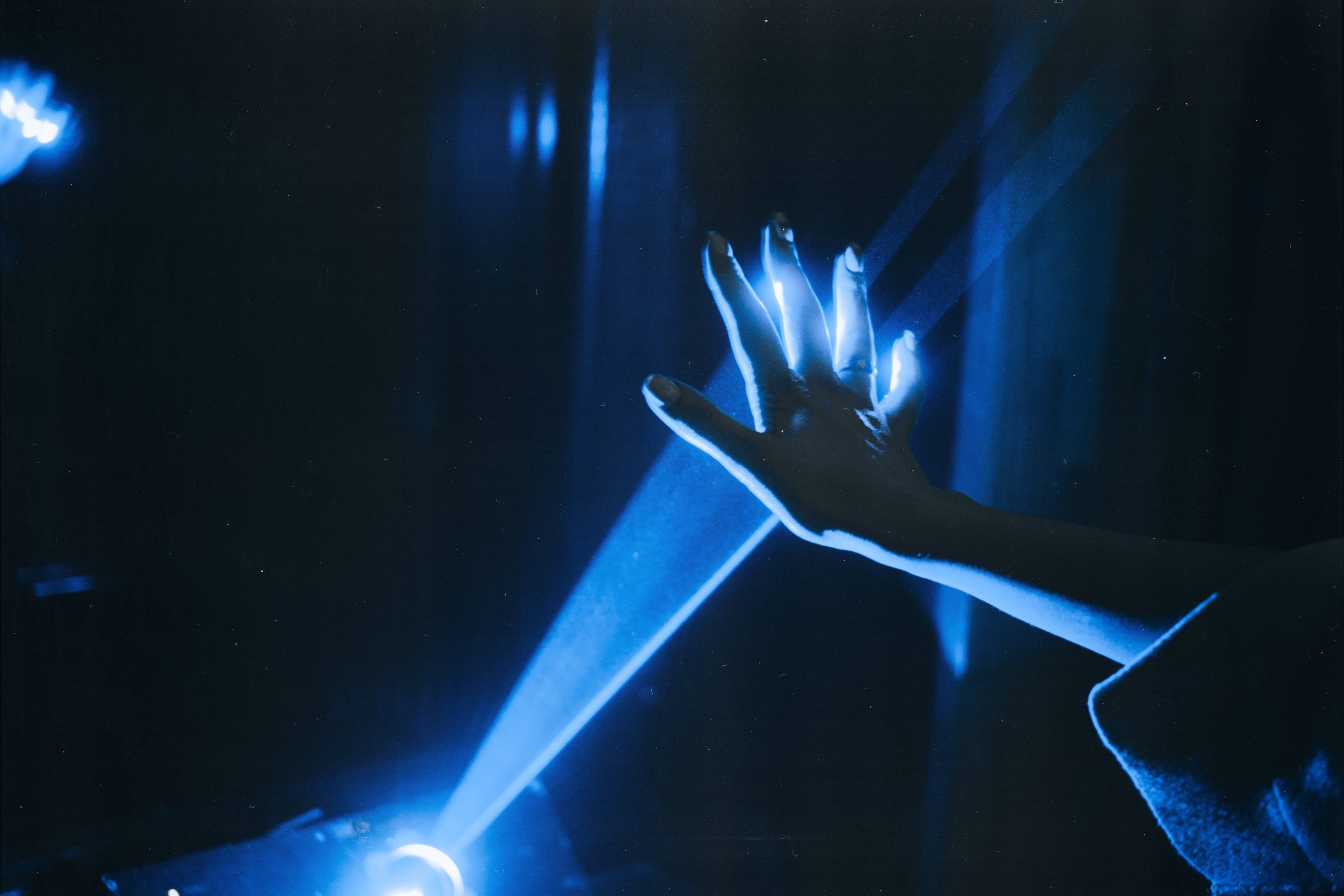
Most people would tell you that blue light is “artificial” and yellow light is “natural.” But that’s not really true. Actually, the biggest source of blue light is the sun!
If you remember your science classes from high school, normal sunlight is white. When white light passes through a prism, It splits into a rainbow of colors, or wavelengths. This ranges from ultraviolet (UV) rays to infrared. Blue light is the next step up from UV rays.
Common Places You Can Find Blue Light in the Home
There’s more blue light in your home and workplace than you may think:
Laptop screens and computer monitors
LED TVs
Smartphones
Tablets
Compact fluorescent or LED lights
The Dangers of Blue Light
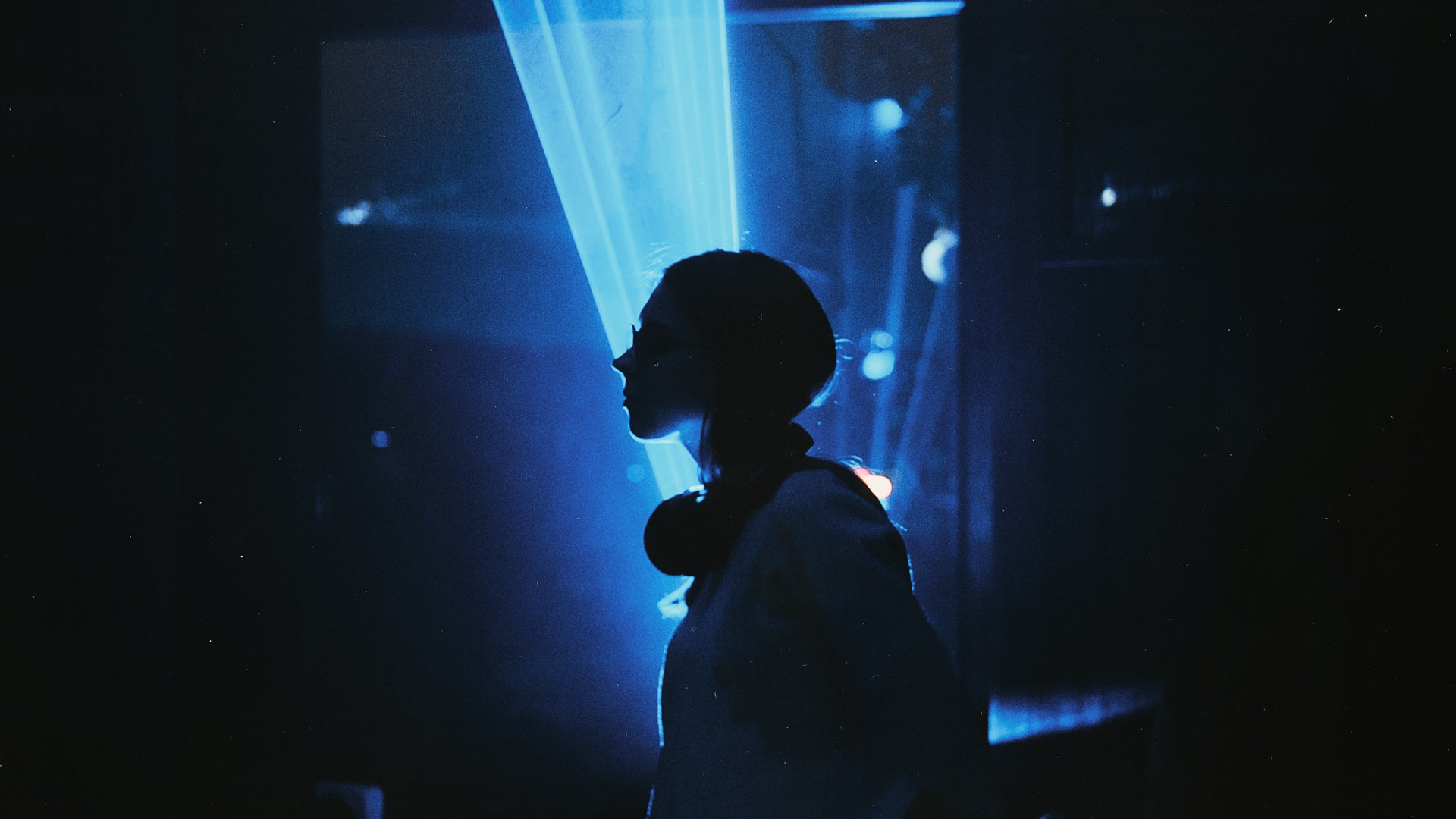
Because blue light is so close to UV light on the color spectrum, some scientists wonder if it can damage your eyes. Here are some potential effects that make health experts nervous:
Eyestrain
Dry eyes
Blurry vision
Cataracts
Macular degeneration (damage to the retina)
Blue light is powerful and very bright, especially up close. The retina doesn’t have a way to shield itself from this wavelength, so intense exposure can lead to permanent vision problems.
[insert page='Offer' display='content']
Time To Get Rid of Blue Light?

After reading this, you’re probably wondering if you should toss out your high-definition TV or stop using your tablet to read books. Do you need to buy one of those expensive screen filters for blue light? The truth is that you have nothing to worry about.
But wait, didn’t I just say that blue light is dangerous for your eyes? Yes, but only with a powerful light source.
The maximum brightness from electronic gadgets isn’t nearly enough to hurt your retina. Staring at a laptop all day can dry your eyes or cause eye strain, but these are temporary conditions that go away with a little rest.
You should be careful with industrial blue lights, however. These include military-grade flashlights, flood lights, tanning beds, blue lights used for psoriasis treatment and other high-power LEDs.
Benefits of Blue Light
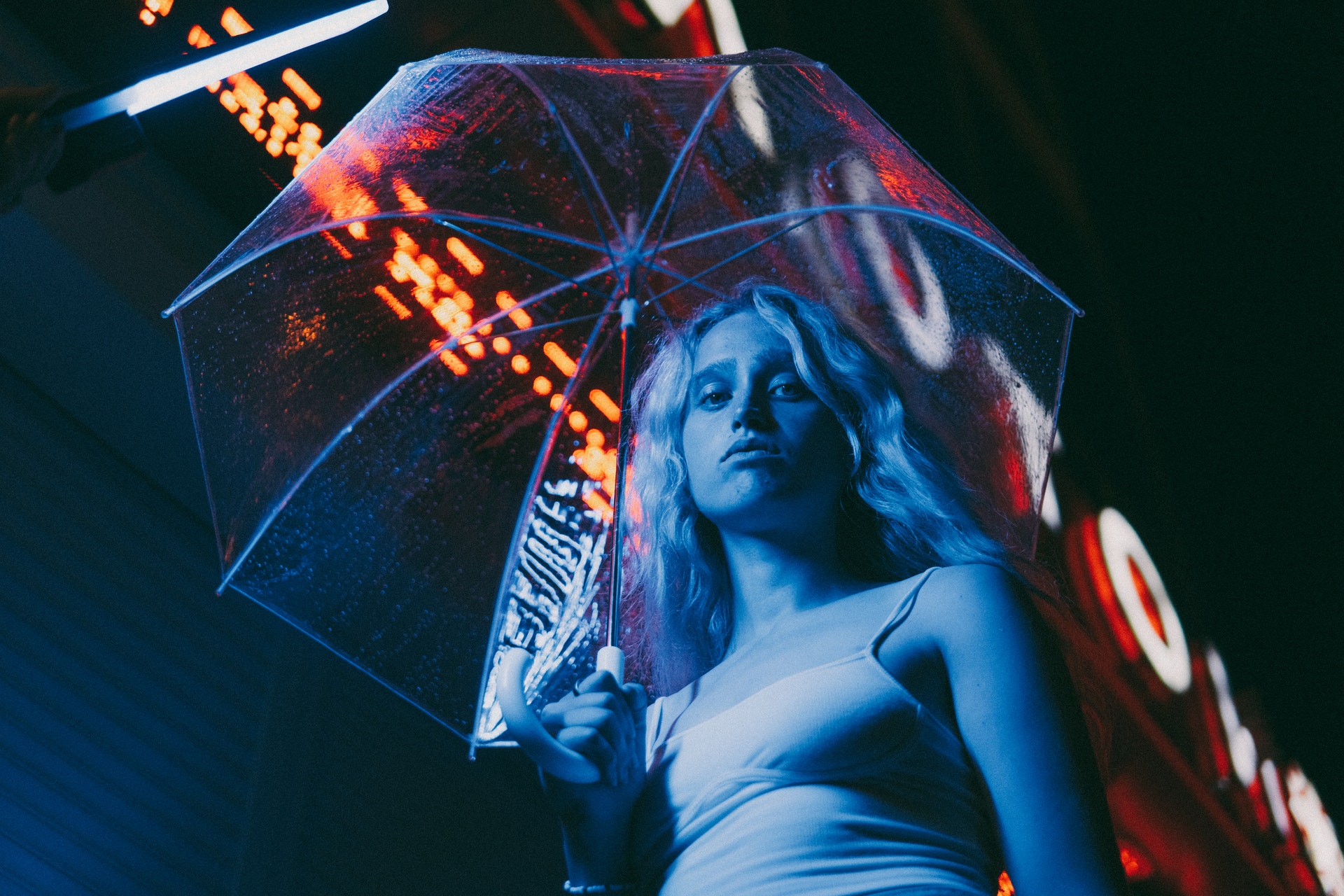
In fact, normal blue light has benefits for your mood and health. Some bright light can help you feel alert in the morning and give you more energy. It can boost your memory and concentration. That’s one reason why I like to go for a short walk if I’m having trouble focusing. Most people feel happier with some daylight shining into the home.
Tips To Protect Your Eye Health
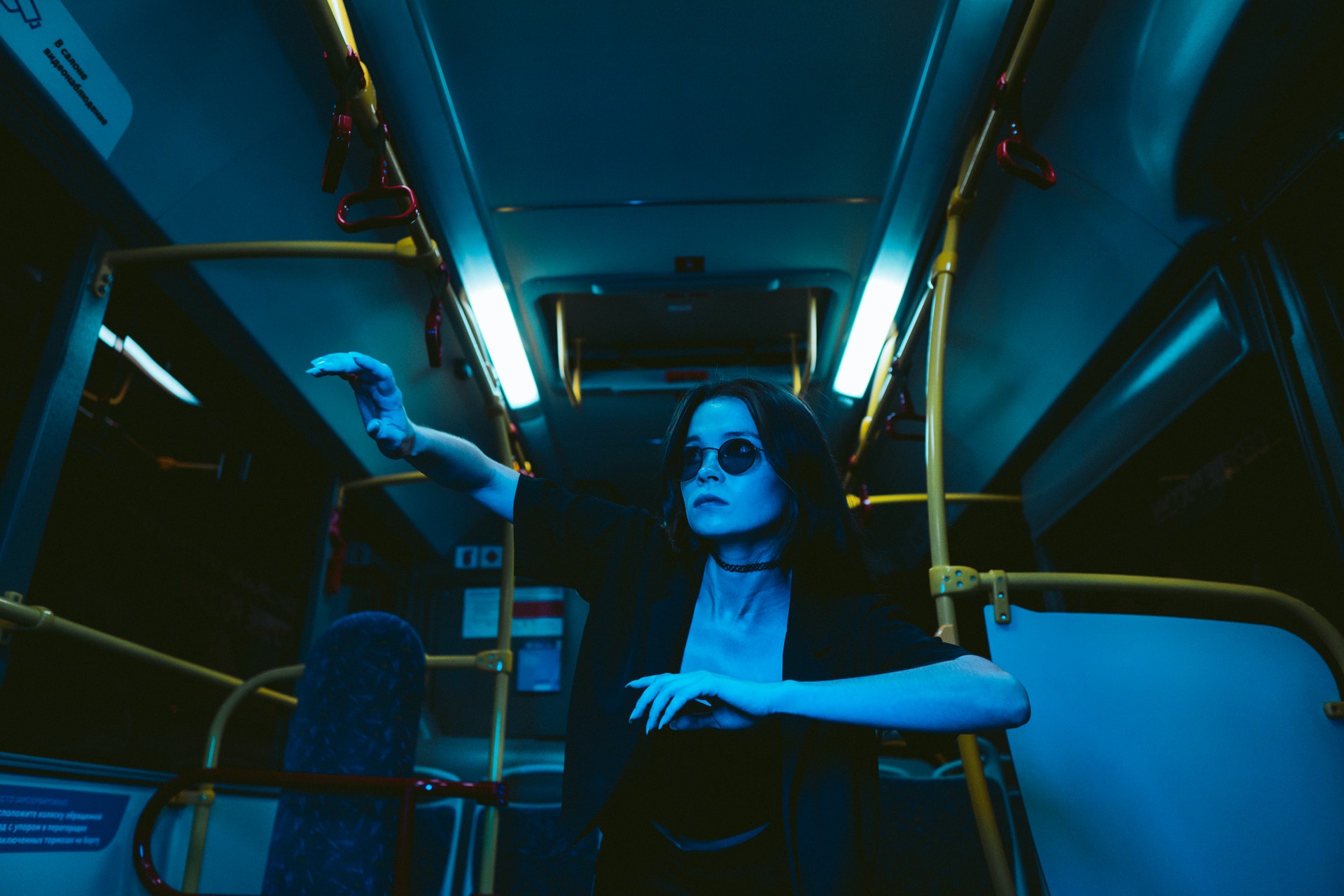
If you're worried about the effect of blue light on your eyes, there are two things you can do. First, give your eyes a rest periodically. Every 20 minutes, take your eyes off the computer screen and grab a glass of water, hug your kids or water your plants. Second, make sure you're getting antioxidants for eye health, such as vitamin A, vitamin C, vitamin E and omega-3s. These nutrients help protect your eyes.

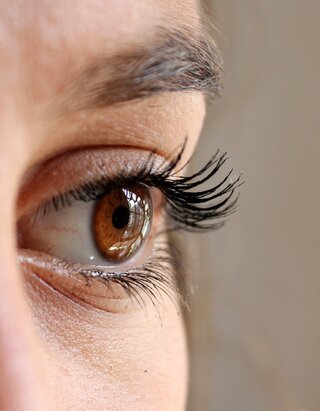
Good to know☺️